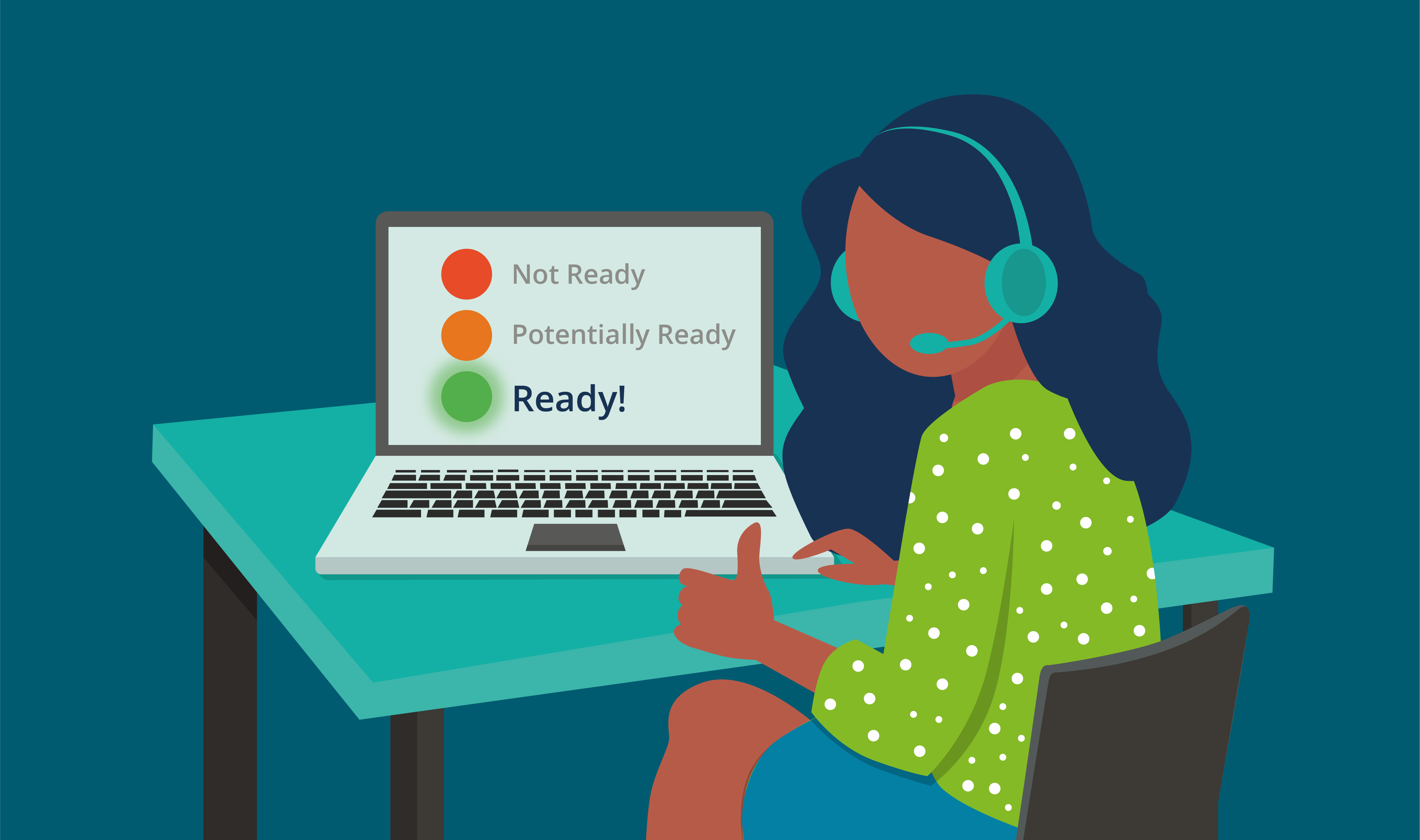Have you ever wondered if you are truly prepared for your upcoming exam? The stress that comes with exam readiness can be overwhelming. This is where a readiness assessment comes into play.
A readiness assessment helps you identify what you know and what you need to study. By the end of this blog post, you will learn effective study strategies, exam preparation tips, and test readiness methods that can boost your exam performance.
Understanding Readiness Assessment
A readiness assessment is a tool used to evaluate your knowledge and skills in a particular subject. It helps you understand your strengths and weaknesses.
By taking a readiness assessment, you can pinpoint what areas require more attention. This way, you can focus your study time on things that matter most.
Why Are Readiness Assessments Important?
Using readiness assessments can significantly improve exam performance. They allow you to be proactive rather than reactive in your study plan.
When you know where you stand, you can create effective study strategies tailored to your needs. It is like having a map leading you to your goal.
How to Conduct a Readiness Assessment
Conducting a readiness assessment involves several key steps that can enhance your study approach. Here are some examples:
Find the Right Assessment Tool
There are many exam readiness tools available online. Look for quizzes or practice tests related to your specific exam. For example, if you are preparing for the FNP/AGNP Exam, seek resources that provide practice questions related to that exam.
Take the Assessment
Set aside some quiet time to take the readiness assessment. Treat it like an actual exam. This will help you gauge your real level of preparedness.
Review Your Results
After completing the assessment, take time to analyze your results. Identify the topics where you performed well and those where you struggled.
Creating Your Study Plan
Now that you know your strengths and weaknesses, it’s time to create your study plan. Here are some effective study strategies to consider:
Set Specific Goals
Instead of saying “I will study biology,” say “I will study genetics chapters 3 to 5.” Specific goals help to keep you focused.
Use Study Aids
Flashcards, summaries, and visual aids can help you remember important information. They make studying more enjoyable too!
Schedule Study Sessions
Make a study schedule that includes regular breaks. This will help prevent burnout and keep your mind fresh.
Practice Problem-Solving
For subjects like math or science, practice solving problems regularly. This will give you more confidence when it comes exam time.
Monitoring Your Progress
After implementing your study plan, continue using readiness assessments to monitor your progress. This helps you see how much you’ve improved. If you find certain areas still difficult, adjust your study plan accordingly.
Studying Doesn’t Have to Be Complicated
Using a readiness assessment is a crucial part of exam preparation. It helps you identify your strengths, target weak spots, and ultimately leads to more effective studying. By consistently revisiting your assessment results, you can ensure you’re on the right path to success.
Did you like this guide? Great! Browse our website for more!
Stay in touch to get more news & updates on Buzz Slash!




